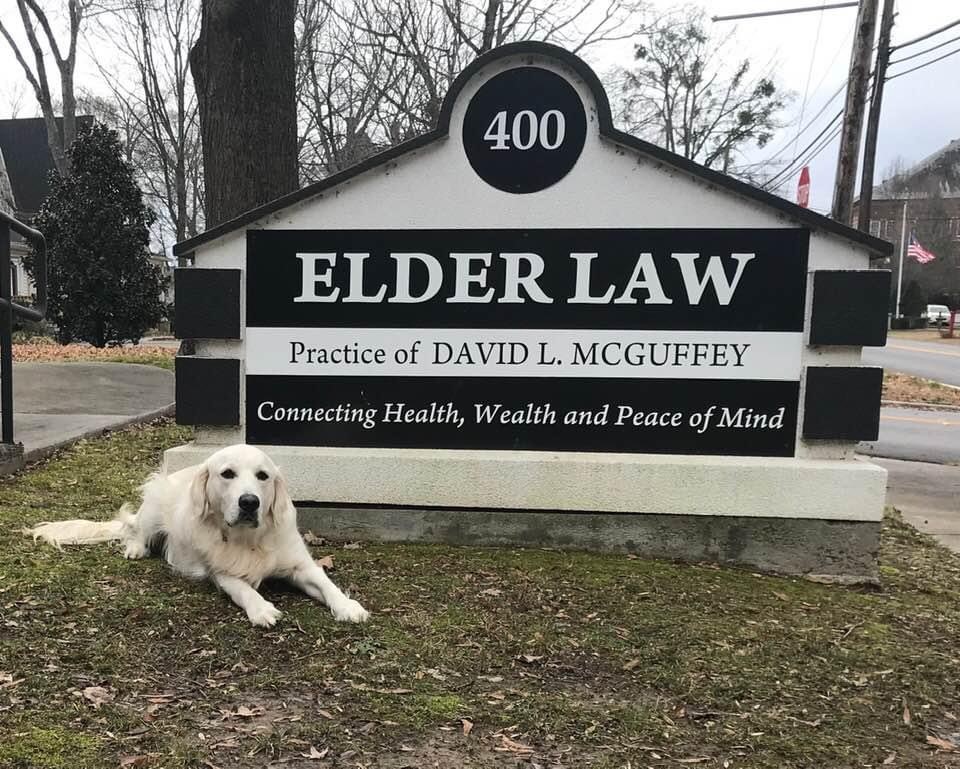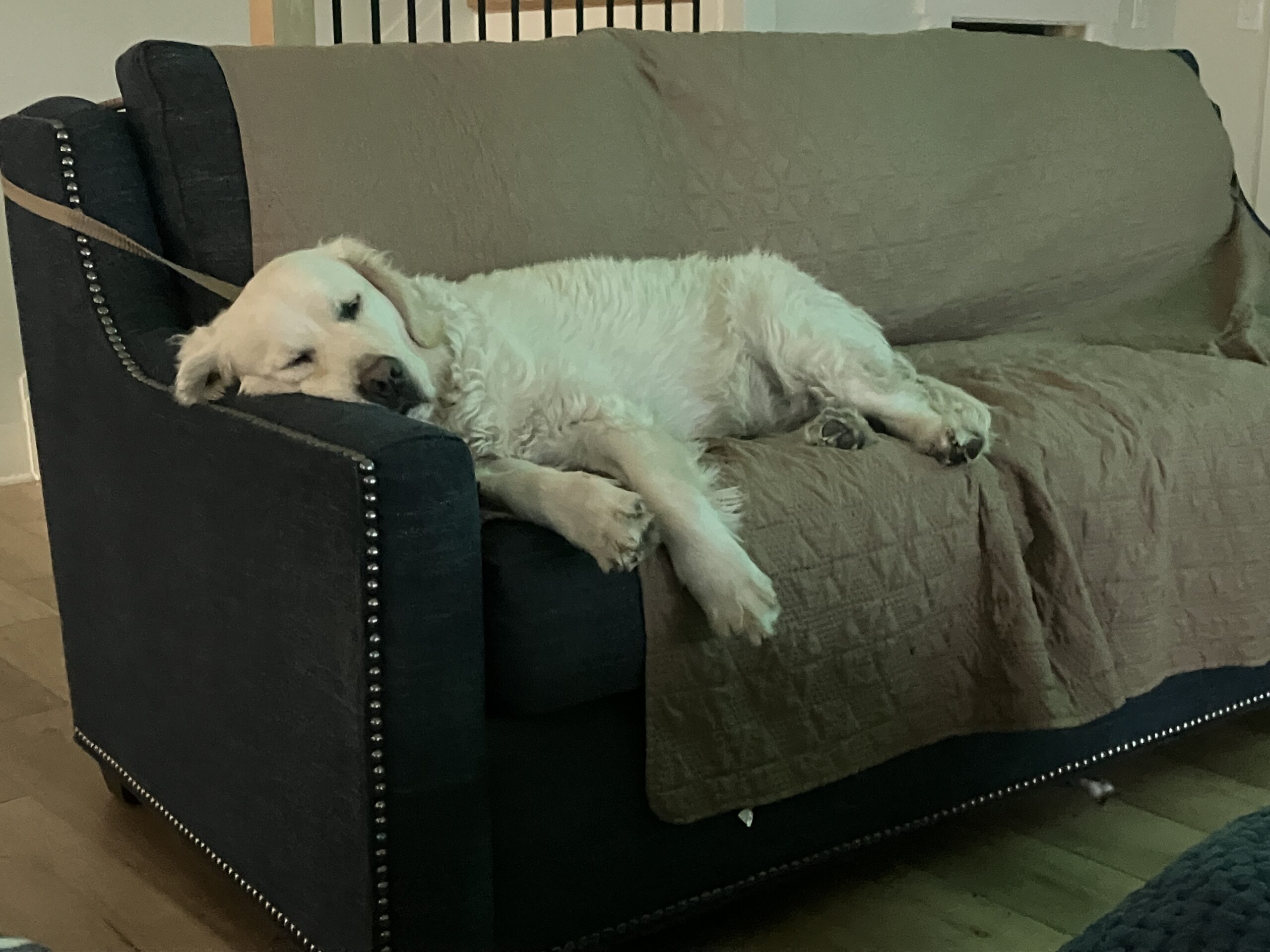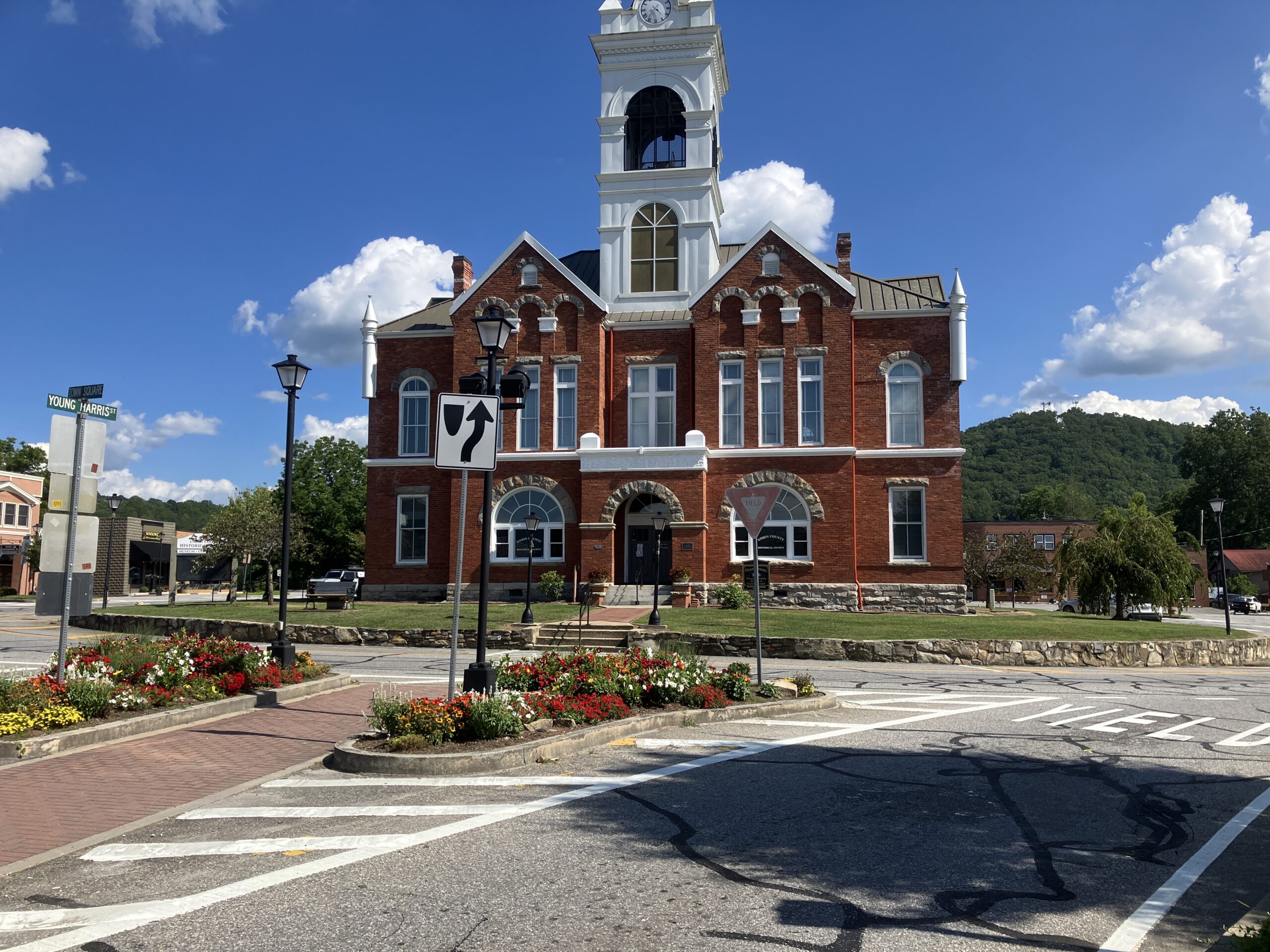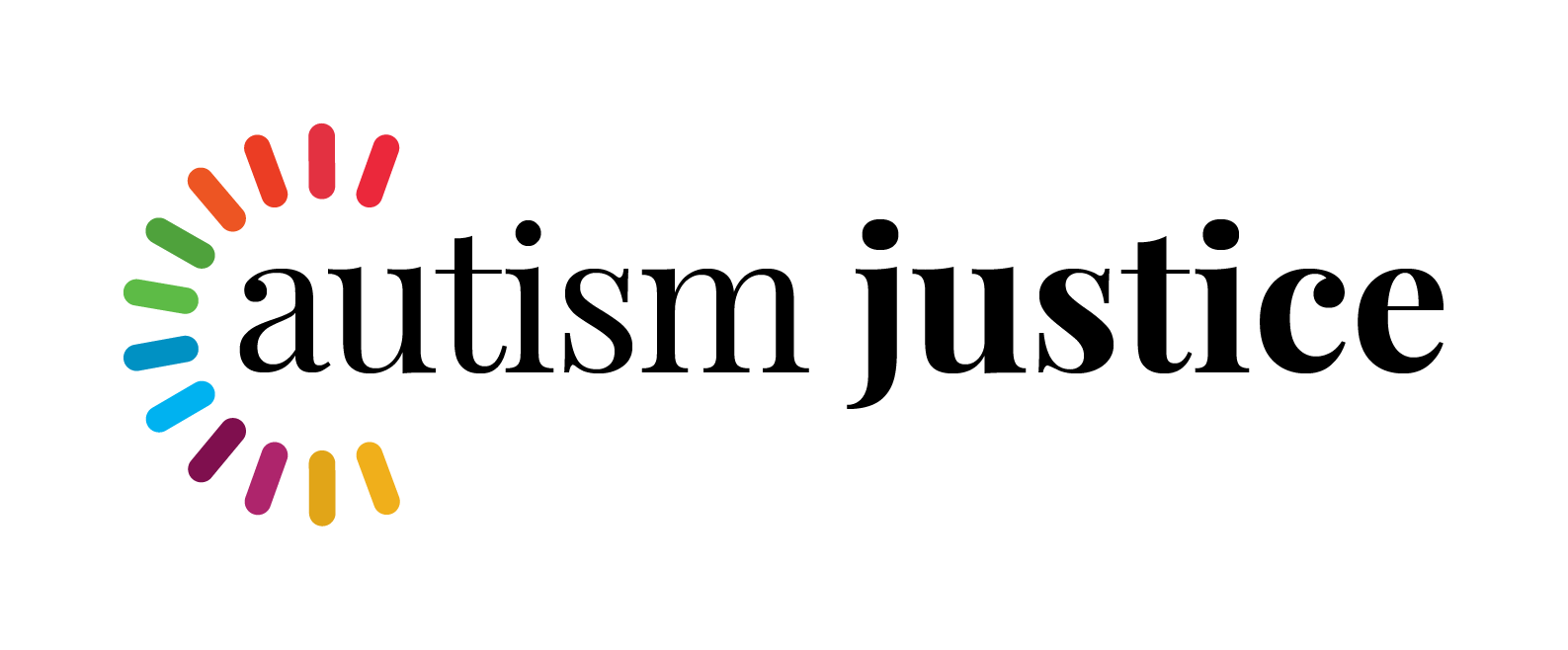
The process begins when a Petition for Guardianship or Conservatorship is filed in the Probate Court. The Petition may be filed in the county where the incapacitated person resides, or in the county where he or she is located. The Petition is deemed to be adversarial because the end result is that the Court “takes” away certain rights from the incapacitated person. For that reason, notice must be given to the person who is alleged to be incapacitated and to certain other relatives.
After the Petition is filed and notice of the proceeding is given as required by law, the person alleged to be incapacitated must submit to Court ordered examination. Typically, this examination is conducted by the physician treating the individual. If the physician indicates that the individual lacks the capacity to make or communicate significant decisions about his or her person, or about his or her finances, then the Court sets a date for a hearing. If not, then the Petition will likely be dismissed.
In virtually all cases, the Court will also appoint another lawyer to serve as Guardian Ad Litem. This attorney should speak with the incapacitated person and report his or her wishes to the Court. If the individual truly lacks the ability to speak for himself or herself, then the Guardian Ad Litem will typically report that to the Court and waive the individual’s appearance at the hearing. The reason for this, and other protective measures, is to prevent a Petitioner from improperly gaining control over someone’s personal and financial decisions.
If an objection is filed, either to the Petition or because someone else believes they are better suited to serve as Guardian or Conservator, then the hearing is contested. In a contested hearing, the first issue is whether a guardianship or conservatorship should be imposed. In making this determination, the Court is looking for evidence that the incapacitated person lacks the ability to make or communicate significant decisions (as indicated above). After this issue is resolved, if a guardianship is necessary, then the Court exams the facts presented to determine whether a limited guardianship should be imposed which leaves some rights with the incapacitated individual, while placing more complex decisions in the hands of someone else. Finally, the Court looks to see who would best serve the incapacitated person’s interests as Guardian or Conservator.
The Elder Law Practice represents parties in Guardianship proceedings. Frequently, a guardianship petition is filed because there are allegations of physical or financial abuse. Sometimes a petition is filed because an incapacitated individual is placing himself or herself in danger. Our goal, when participating in these actions, is to assist Elders, individuals with special needs, and their families, gain the security and peace of mind necessary to provide appropriate care and financial management.

























